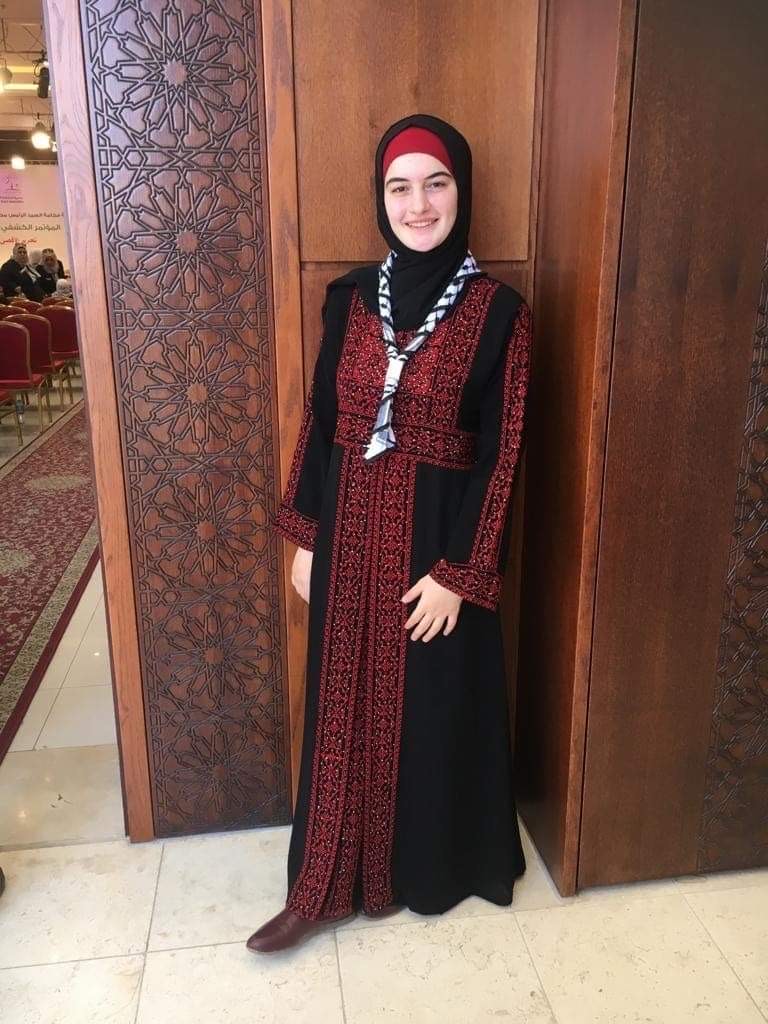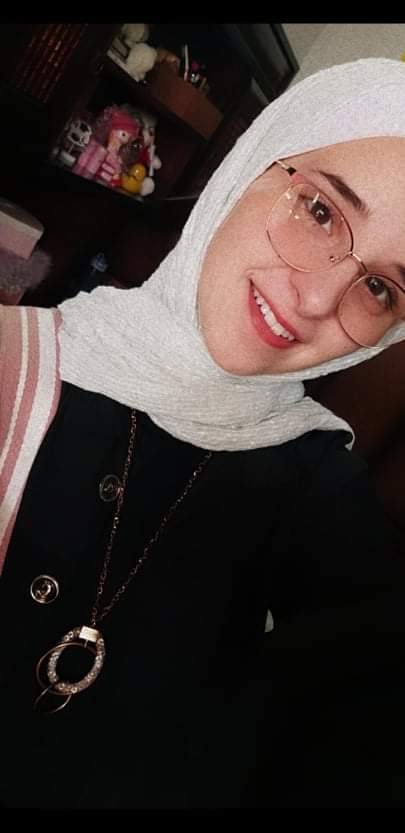Paula has always lived in Gran Canaria, except for her stint at the university of Seville, Spain, where she studied journalism. Soon after graduating, she began collaborating at ACSESO, a youth NGO based on the island aimed at creating opportunities for the disadvantaged youth of Gran Canaria and those for whom it can be difficult to engage with the rest of Europe.
“Gran Canaria thrives on tourism, and at ACSESO we try to develop young people’s English language skills and other soft skills in order to open up the world to them. Many young people here have never been on a plane to leave the island and so they have limited intercultural awareness. Communication is difficult also because their English language skills are not good enough. This is a real issue and it’s our mission to enable them to feel European. Erasmus+ Virtual Exchange helps a lot in this. It is an amazing tool that helps young people discover different cultures in a safe online space”, she explains.
Paula recently helped set up Transnational Virtual Exchange Projects (TEP) under the Erasmus+ Virtual Exchange umbrella. These projects inted to foster meaningful intercultural experiences online. Paula's initiative comprised 14 European partners and 150 participants. It was the first time that youth organisations and academic institutions had collaborated on a TEP. Paula was instrumental in creating the course and making it happen. She explains it came about as a reaction to the COVID-19 pandemic and the need to find a way for the young volunteers on the island to engage with a youth network at a time when travel and physical mobility is not possible.
“The virtual world has become ever more important during the COVID-19 pandemic. At ACSESO we partnered up with UNICollaboration and pooled our contacts to build a course around critical thinking. It lasted 4 weeks and was about creating awareness around where we get our information from and how to understand whether it is credible.”
Paula was amazed at how quickly the idea took on, as more and more young people signed up. The beauty of Virtual Exchange is that this way of collaborating can accommodate unlimited numbers of people. “We used TED talks and other videos to address certain issues each week,’ explains Paula, “we discussed stereotyping in week one. It was really interesting to connect and see how different cultures work together.”
The course also provided short videos on critical thinking, media manipulation. Participants discussed how people get their information from and how this contributes to how they form their opinions. Paula calls it the ‘era of misinformation’ (as opposed to ‘information’) and expresses great concern about the plethora of false and misleading information available on social media. She also included a section on statistics as she believes these are essential in today’s information gathering. But, she argues, interpreting statistics is not as “straightforward” as we’d like to think. She uses a phrase – ‘if you torture the numbers for long enough, they will confess to you anything.’
“The issue is not that the statistics lie, they don't, but the manipulated interpretation of them is what's dangerous. It is very easy to eliminate context, to choose certain variables to create the illusion that something is a fact, when it is not - you can easily manipulate the result of a statistic by choosing the population you ask, discriminating by age, gender, economic or social background or geographical location. And because this is way too easy, is always important to look at the source and not to believe them blindly”.
The most important thing for Paula is that participants were encouraged to think critically. “When this happens, the course has been a success”, she concludes.



